‘The Wound Is Very Deep’: Azerbaijanis And Armenians In Russia Long For Peace
Enlarge this image
Flowers, stuffed animals and photographs of victims of the renewed fighting over Nagorno-Karabakh have piled up outside the Azerbaijani Embassy in Moscow.
Lucian Kim/NPR
hide caption
toggle caption
Lucian Kim/NPR
World
Nagorno-Karabakh: Turkey’s Support For Azerbaijan Challenges Russian Leverage
The renewed fighting has killed hundreds, if not thousands, of people on both sides.
Red carnations, photographs and stuffed animals have piled up outside the Azerbaijani Embassy in Moscow.
Aliyeva also brought flowers. She says she remembers working together with Armenians when she was a young woman in Soviet Azerbaijan.
«I somehow doubt that we’ll be able to live together in the same way we used to during Soviet times, she says.
Elshad Agverdiyev, a 32-year-old Muscovite of Azerbaijani descent, was born when the Nagorno-Karabakh conflict was just coming to a head. He says he has given up hope on the diplomatic efforts of Russia and the United States, which together with France have co-chaired a peace process since the 1990s.
«We’ve waited 10 years, 20 years, now it’s almost 30 years. Unfortunately the international community has done nothing. We were fed empty promises, Agverdiyev says. «What is left for Azerbaijan to do? We want to resolve this issue on our own.
The Nagorno-Karabakh conflict has led to tensions between Russia’s Azerbaijani and Armenian communities. In July, when Azerbaijan and Armenia skirmished in a prelude to the current fighting, members of the two diasporas clashed in Moscow and St. Petersburg, with reports of dozens of arrests. Following the new outbreak of violence in Nagorno-Karabakh, the city of Moscow had leaders of both ethnic communities sign a statement addressed to their constituents appealing for calm.
World
Nagorno-Karabakh: U.S.-Brokered Cease-Fire Falters Soon After It Starts
«From the first day, we called on people not to give in to provocations and emotions and to follow the law, says Shamil Tagiyev, a leader of the Azerbaijani community in Moscow. His contacts to local Armenians are mediated through the mayor’s office, he says.
The chasm between Armenians and Azerbaijanis widens with every day that fighting continues in and around Nagorno-Karabakh.
For Armenians in Moscow, the Armenian Apostolic cathedral has become the center of gravity for the community. The cavernous church, consecrated in 2013, is built out of tuff stone in the traditional Armenian style.
Sasun Davtyan, a migrant worker from Armenia, came to pray for Artsakh, as Armenians call Nagorno-Karabakh.
Enlarge this image
The Armenian Apostolic cathedral in Moscow has become the center of gravity for the Armenian community in Russia. The church, consecrated in 2013, is built out of tuff stone in the traditional Armenian style.
Lucian Kim/NPR
hide caption
toggle caption
Lucian Kim/NPR
World
For Oldest Armenians, A Glimpse Of A Homeland Lost But Not Forgotten
In today’s conflict, Vardanyan says, religion plays a big role, with Christian Armenians pitted against predominantly Muslim Azerbaijanis. But he suggests that faith can also show the way to reconciliation.
«Both Azerbaijanis and Armenians understand that young men are dying, and no one wants there to be mourning in their home, Vardanyan says. «Religion is that ray of light around which we can build our relationship, because a religious person never wants to kill and never should kill. There is no need for war; war is there where there is no God.
For some members of his congregation, Vardanyan’s words may sound aspirational at best.
Enlarge this image
Gevorg Vardanyan is a priest at the Armenian Apostolic cathedral in Moscow. «A religious person never wants to kill and never should kill, he says. «There is no need for war; war is there where there is no God.
Lucian Kim/NPR
hide caption
toggle caption
Lucian Kim/NPR
Gevorg Vardanyan is a priest at the Armenian Apostolic cathedral in Moscow. «A religious person never wants to kill and never should kill, he says. «There is no need for war; war is there where there is no God.
Lucian Kim/NPR
«The longer the war goes on, the more difficult the situation gets, says Akop Akavyan, who came to the cathedral for an afternoon service with his wife and teenage son. «The wound is very deep and just keeps getting bigger.
Akavyan says he simply wants the fighting to end and hasn’t started thinking about how Armenians and Azerbaijanis may one day live in peace.
His son Andrei, 17, who was born and raised in multiethnic Moscow, takes another view.
It will take time, he says, but one day Armenians and Azerbaijanis will think differently, the same way that Germans and Russians — bitter enemies in World War II — can now be friends.
- Nagorno-Karabakh
- armenians
- Armenia
- Azerbaijan
- Russia
- Moscow
Обсудим?
Смотрите также:

